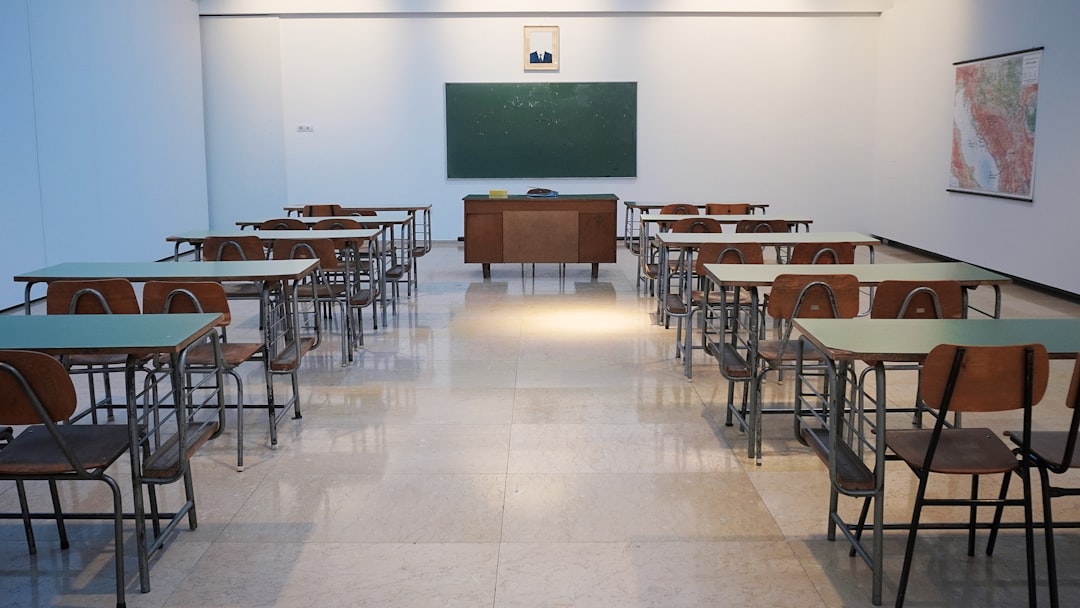Pittsburgh, Pennsylvania, has stringent legal protections against sexual abuse in educational institutions, with specific laws and regulations that mandate reporting procedures, establish prevention guidelines, and hold schools accountable. Comprehensive educator training includes workshops, simulations, and professional development to recognize and report child sexual abuse effectively. Creating a safe learning environment involves implementing clear policies, promoting open communication, and conducting regular workshops on consent, boundaries, and healthy relationships, with support from local authorities and school abuse law firms in Pittsburgh PA.
In Pittsburgh, educators play a vital role in protecting students from sexual abuse. This article guides educators through navigating Pittsburgh’s stringent school abuse laws and regulations, equipping them with effective training strategies to recognize and report signs of sexual misconduct. We explore best practices for fostering safe learning environments, drawing on insights from leading school abuse law firms in Pittsburgh PA. By understanding these measures, schools can create a culture that actively prevents and addresses abuse effectively.
Understanding the Legal Framework: Pittsburgh's School Abuse Laws and Regulations
In Pittsburgh, Pennsylvania, the legal framework surrounding school abuse is stringent and designed to protect students. The state has specific laws and regulations in place to combat sexual abuse within educational institutions. These laws not only mandate reporting procedures but also establish guidelines for the prevention and management of such incidents. School administrators, teachers, and staff members are considered legal guardians and are legally obligated to recognize and report any suspected or actual cases of sexual abuse.
Pittsburgh’s school abuse laws emphasize the importance of a safe learning environment and hold educational bodies accountable. The legal framework provides a clear path for victims to seek justice and ensures that schools take prompt action when dealing with allegations of sexual misconduct. Understanding these regulations is crucial, especially for educators, as it enables them to make informed decisions and effectively navigate potential cases of school abuse, thereby fostering a secure environment for all students.
Training Strategies for Educators: Recognizing and Reporting Signs of Sexual Abuse
Training educators in Pittsburgh schools to recognize and report sexual abuse is a multifaceted process that involves equipping teachers with the knowledge, skills, and confidence needed to identify potential signs of child sexual abuse. This can be achieved through interactive workshops, simulations, and ongoing professional development programs. These training strategies should cover various aspects, including understanding legal definitions and school policies related to abuse, recognizing behavioral changes or unusual patterns among students, and familiarizing educators with common manipulation tactics used by abusers.
In Pittsburgh, where there are numerous reputable school abuse law firms providing support and guidance, regular training sessions can be organized in collaboration with local authorities and child protection agencies. These sessions should emphasize practical scenarios, encouraging educators to share experiences and learn from one another. By fostering a culture of openness and awareness, schools can create an environment where educators feel empowered to report suspected cases promptly, ensuring the safety and well-being of all students.
Building a Safe Environment: Best Practices for Schools in Pittsburgh PA to Prevent and Address Abuse
Creating a safe learning environment is paramount in preventing and addressing sexual abuse within Pittsburgh schools. Educational institutions play a crucial role in safeguarding students, and this begins with implementing best practices that foster an atmosphere of trust and respect. One effective strategy is to establish clear policies and protocols for reporting and investigating incidents of abuse. School administrators and staff should undergo comprehensive training on the latest regulations and legal requirements regarding child protection, including the Pennsylvania school abuse law. This enables educators to recognize potential red flags, respond promptly, and ensure the well-being of students.
Additionally, schools can promote safety by encouraging open communication and empowering students to speak up. Regularly scheduled workshops and awareness campaigns can help educate both staff and pupils about consent, personal boundaries, and healthy relationships. By fostering a culture where everyone is accountable for each other’s safety, Pittsburgh schools can better protect their students from sexual abuse, ensuring a more secure learning environment for all.




